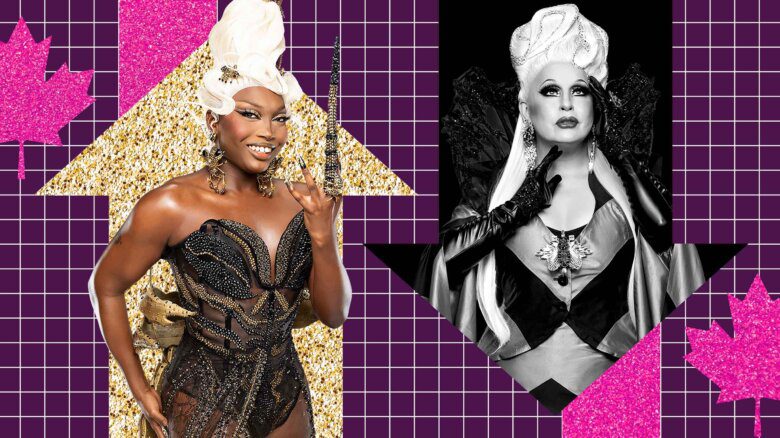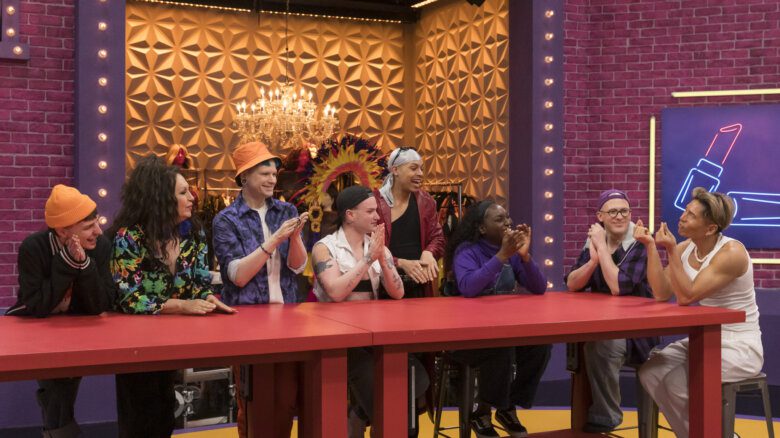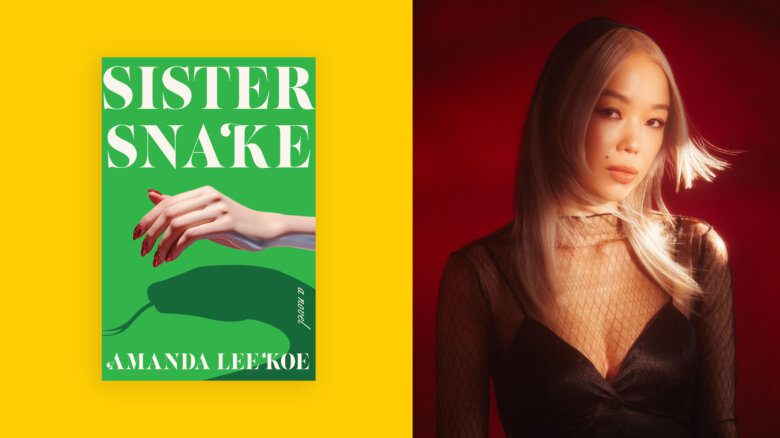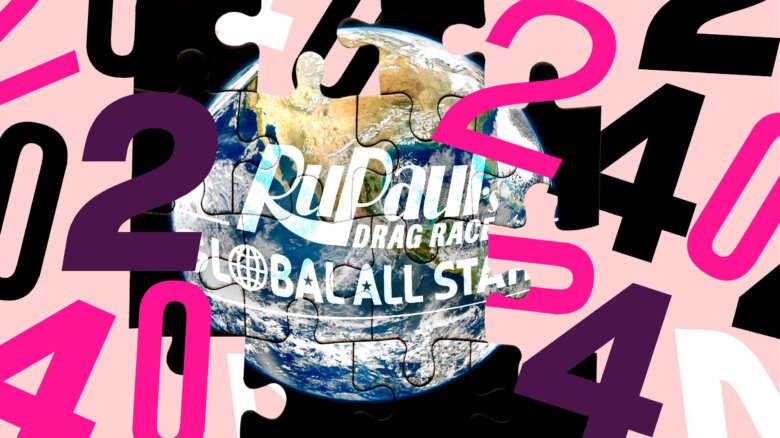Butch dykes and trans men are a diverse bunch. Some identify as one but not the other, some both. Some lesbians come to identify as trans, and some of them decide to transition.
Transitioning is the process of switching from living and presenting as one gender to living and presenting as another. For some it involves hormones and surgeries, for others no.
All of which complicates the definition of women’s space. Until now, the controversy over what constitutes a women’s space has focussed almost exclusively on the question of transsexual women, from the women-born-women policy of the Michigan Women’s Festival to Kimberly Nixon’s court battle against Vancouver Rape Relief.
But what about trans men? Given that many trans men contribute a great deal to lesbian communities before deciding to transition, what happens after?
Recent high-profile examples include Patrick Califia, who spent 25 years writing books from the perspective of a leather dyke, and Chastity Bono, who announced just last week that he has begun hormone therapy and will be changing his name to “Chaz.”
Evan Hazenberg, 29, is the service coordinator at the University of Ottawa Pride Centre. He will be leading a discussion as part of Ladyfest Ottawa’s summer workshop series on the place of trans folk in women’s spaces.
For Hazenberg, the crux of the problem is that “there are resources available in women’s spaces that are relevant to trans guys and not available anywhere else.”
But should this give trans men a free entrance card to every women-only space? Hazenberg doesn’t think so.
“I have voluntarily removed myself from women’s spaces. I felt that my being there changed the atmosphere for everyone there,” he said. “But it depends on the group. If it has a lot of new people there, they may feel awkward about a person who presents as male being there.”
Hazenberg brings up some important questions. Should trans guys voluntarily remove themselves from women’s spaces? And at what point in their transition process? Who should decide when it’s time for them to do so? And where is the line between a genuine need for services and a desire to have a place in both women’s and mixed gender spaces?
It’s all up for discussion Jun 20 at the Bronson Centre. The debate has often turned vicious as women struggled to define what made “a woman,” arguing that trans women didn’t qualify because they grew up with “male privilege.”
The most prominent Canadian example of this was the case of Kim Nixon, a transsexual woman who was rejected from a volunteer counsellor position at Vancouver Rape Relief in the mid 1990s.
Nixon spent 10 years in a legal tug of war with the organization, winning a case at the BC Human Rights Tribunal that was later overturned by the BC Supreme Court and the BC Court Of Appeal.
But despite the fact that Nixon’s case was unsuccessful, it did lead to a sea change in the Canadian women’s shelter movement, forcing many organizations to examine their entrance policies. As a result, the “male privilege” argument has been largely de-bunked and many women’s shelters now open their doors to anyone who identifies and presents as female.
This, according to Hazenberg is a good thing. But the debate gets trickier when it comes to trans men — who seem to be getting lost in the shuffle.
One step in the right direction is the new gay men’s health clinic in Ottawa, GayZone, which operates out of the Centretown Community Health Centre. Hazenberg has partnered with the program to start a new group called Trans Guys Ottawa. The group meets monthly for discussions and social networking.
“Trans guys tend to transition and then disappear,” he says.
But by getting younger trans men involved in the community and creating strong links with women’s communities, Hazenberg hopes to change that.
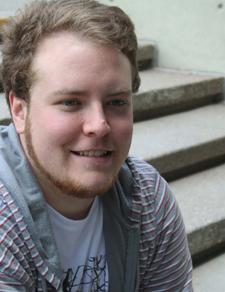
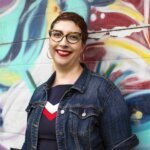
 Why you can trust Xtra
Why you can trust Xtra